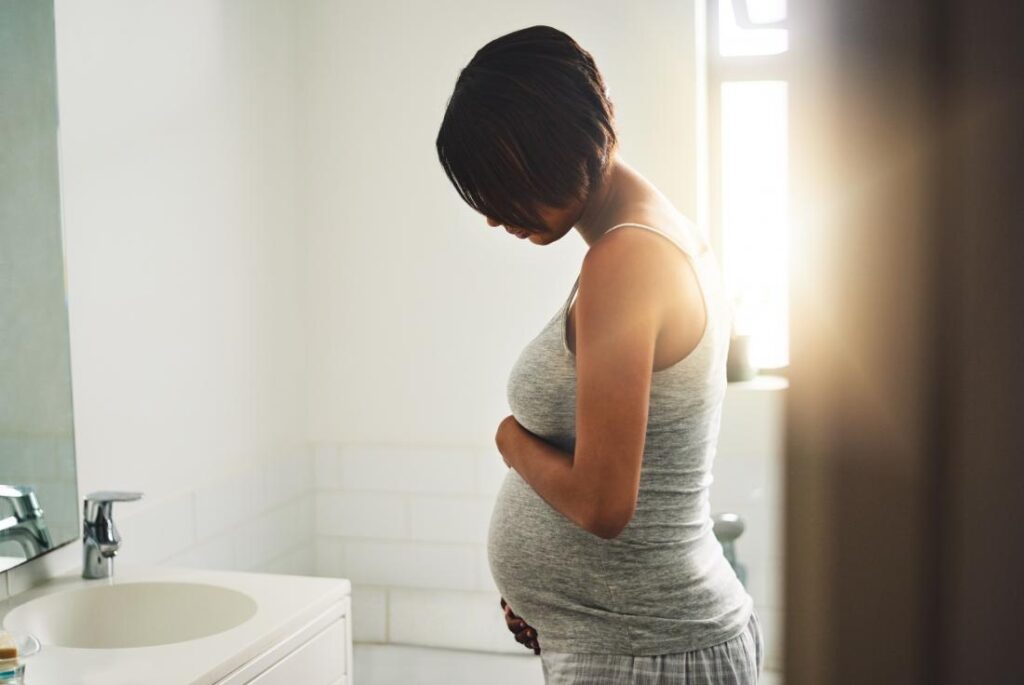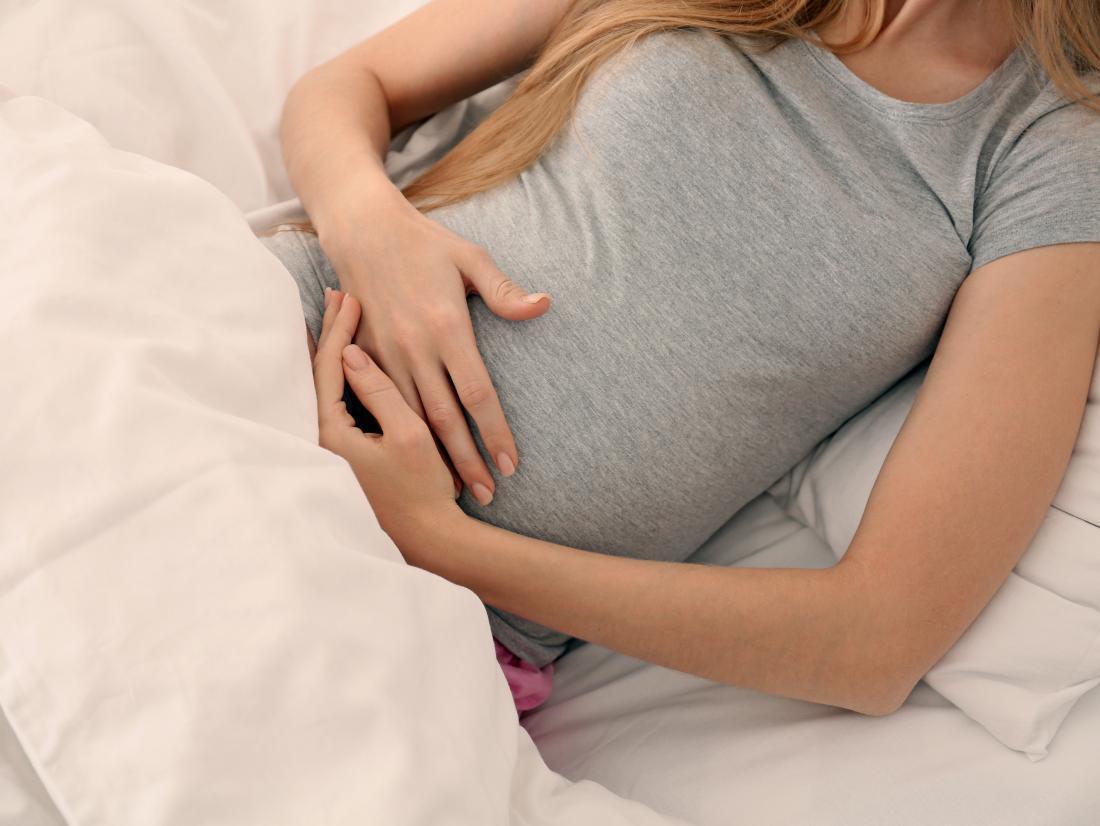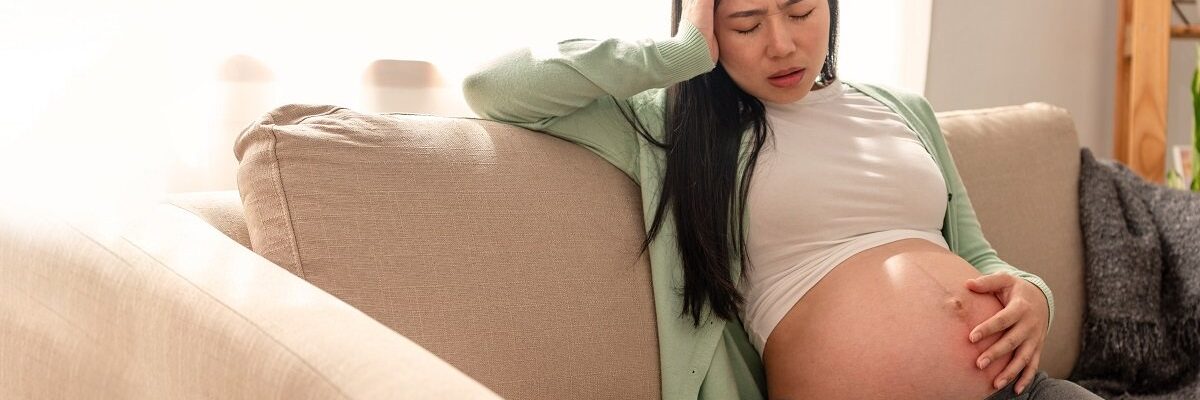Overview
Body aches during pregnancy are a common experience for many expectant mothers and can affect various parts of the body, including the back, hips, legs, and abdomen. These aches are often a result of the physical and hormonal changes that occur as the body adapts to the growing baby. While typically not a cause for concern, they can be uncomfortable and sometimes interfere with daily activities.
One of the primary causes of body aches during pregnancy is the additional weight and pressure on joints and muscles. Hormonal changes, particularly the release of relaxin, can also play a role by loosening ligaments and making the body more prone to aches and pains. The expanding uterus may shift the center of gravity, affecting posture and adding strain to the back and pelvic region. Additionally, factors such as dehydration, poor posture, or stress can exacerbate these discomforts.
Although body aches are generally harmless, persistent or severe pain should not be ignored, as it could signal underlying issues like preterm labor or complications. Simple remedies such as rest, gentle stretching, warm baths, and supportive pillows can often provide relief. For persistent discomfort, consulting a healthcare provider is recommended to rule out serious conditions and to discuss safe ways to manage pain during pregnancy.
Table of Contents
Possible Causes of Body Aches While Pregnant

Body aches during pregnancy can result from a variety of physical and hormonal changes as the body adapts to support the growing baby. Below are the common causes and their associated treatments:
- Weight gain and pressure. The additional weight of the growing baby and placenta puts extra pressure on the muscles and joints, particularly in the back, hips, and legs. Maintaining proper posture, wearing supportive footwear, and practicing pregnancy-safe exercises can help alleviate this discomfort.
- Hormonal changes. The hormone relaxin loosens ligaments and joints in preparation for childbirth, which can lead to aches, particularly in the pelvic area. Gentle stretching and using supportive maternity belts may provide relief.
- Shifting center of gravity. As the uterus expands, the center of gravity shifts, altering posture and increasing strain on the back and lower body. Correcting posture and using body pillows for support during sleep can help reduce aches.
- Round ligament pain. The stretching of ligaments that support the uterus can cause sharp or dull aches, especially in the lower abdomen and pelvis. Resting, changing positions slowly, and gentle stretching exercises can ease this discomfort.
- Sciatica. Pressure from the growing uterus on the sciatic nerve can cause pain that radiates from the lower back to the legs. Treatments may include physical therapy, pregnancy-safe stretches, and warm compresses.
- Leg cramps. These are often caused by increased pressure on blood vessels and nerves, as well as potential mineral deficiencies. Staying hydrated, stretching before bed, and ensuring adequate intake of magnesium and potassium may help prevent cramps.
- Dehydration. Insufficient fluid intake can cause muscle cramps and general body aches. Drinking plenty of water and staying hydrated is crucial during pregnancy.
- Stress and tension. Emotional stress can manifest physically as muscle tension, particularly in the neck, shoulders, and back. Relaxation techniques such as prenatal yoga, meditation, or breathing exercises can help alleviate stress-related body aches.
- Sleep discomfort. Poor sleeping positions or inadequate support during rest can contribute to body aches, particularly in the hips and lower back. Using maternity pillows and sleeping on your side can improve comfort.
- Braxton Hicks contractions. These “practice contractions” can cause abdominal tightening and discomfort, which may be mistaken for body aches. Staying hydrated and resting can help ease these sensations.
Understanding the potential causes of body aches during pregnancy can help expectant mothers manage discomfort effectively. If body aches are severe, persistent, or accompanied by other symptoms, it’s important to consult a healthcare provider to ensure both mother and baby remain healthy.
Conditions Associated with Body Aches While Pregnant

Body aches during pregnancy can be linked to various conditions, some of which are normal and expected, while others may require medical attention. Below are the key conditions commonly associated with body aches during pregnancy:
- Round ligament pain. This is a common condition caused by the stretching of the ligaments that support the uterus. It often results in sharp or dull aches in the lower abdomen or pelvis, particularly during sudden movements. Rest and gentle stretching are typically effective remedies.
- Sciatica. The growing uterus can put pressure on the sciatic nerve, causing pain that radiates from the lower back to the buttocks and legs. This condition is common in later pregnancy stages and can be managed with physical therapy, warm compresses, and pregnancy-safe exercises.
- Pelvic girdle pain (PGP). PGP is caused by the loosening of joints and ligaments in the pelvic region due to hormonal changes, leading to pain and discomfort in the pelvis, hips, and lower back. Using a maternity belt, physical therapy, and maintaining proper posture can help alleviate symptoms.
- Carpal tunnel syndrome. Hormonal changes and fluid retention during pregnancy can compress the median nerve in the wrist, causing pain, tingling, and numbness in the hands and fingers. Wrist splints, stretching exercises, and reducing repetitive hand movements may provide relief.
- Leg cramps. Increased pressure on blood vessels, potential mineral deficiencies, and hormonal changes can lead to painful leg cramps, especially at night. Staying hydrated, stretching, and ensuring adequate magnesium and potassium intake can help reduce these cramps.
- Braxton Hicks contractions. Also known as “practice contractions,” these cause tightening or mild cramping in the abdomen. While usually harmless, they can mimic body aches. Rest, hydration, and changing positions often alleviate discomfort.
- Constipation and gas. Slowed digestion due to hormonal changes can lead to abdominal discomfort and bloating. Increasing fiber intake, staying hydrated, and gentle movement can help ease these symptoms.
- Symphysis pubis dysfunction (SPD). This condition involves pain in the pelvic joint due to excessive movement or instability, often resulting in sharp or shooting pains in the groin or hips. Physical therapy and the use of a pelvic support belt are common treatments.
- Dehydration. Insufficient fluid intake can lead to muscle cramps and general body aches. Drinking plenty of water is crucial to prevent these symptoms and maintain overall health during pregnancy.
- Preterm labor. Persistent back pain, abdominal cramping, or pressure in the pelvis may indicate preterm labor. These symptoms should not be ignored, and immediate medical evaluation is necessary.
Understanding these conditions can help expectant mothers recognize the source of their body aches and take appropriate measures to alleviate discomfort. While most conditions are normal during pregnancy, persistent or severe aches should be evaluated by a healthcare provider to ensure the well-being of both mother and baby.
When to See a Doctor
Body aches during pregnancy are often normal, but certain signs and symptoms warrant medical attention to ensure the health and safety of both mother and baby. Below are instances when you should consult a doctor about body aches during pregnancy:
- Persistent or severe pain. If body aches are intense, do not subside with rest, or interfere with daily activities, it could indicate an underlying condition that requires medical evaluation.
- Pain accompanied by fever. Body aches with a fever may signal an infection, such as the flu or a urinary tract infection, which can affect both the mother and baby if untreated.
- Sudden or sharp pain. Severe or sharp pain, particularly in the abdomen, pelvis, or back, may be a sign of complications such as preterm labor, placental abruption, or a ruptured ectopic pregnancy.
- Pain with bleeding or unusual discharge. Any body ache associated with vaginal bleeding, spotting, or abnormal discharge should be evaluated immediately, as it could indicate miscarriage, preterm labor, or infection.
- Pain affecting one leg. If you experience pain, swelling, or redness in one leg, it may be a sign of deep vein thrombosis (DVT), a potentially serious condition that requires urgent treatment.
- Reduced fetal movement. If body aches are accompanied by a noticeable decrease in your baby’s movements, consult a doctor promptly for an assessment.
- Persistent headaches or visual disturbances. Body aches with symptoms like severe headaches, blurred vision, or dizziness may indicate preeclampsia, a pregnancy complication involving high blood pressure.
- Difficulty breathing or chest pain. Pain or discomfort in the chest or difficulty breathing, coupled with body aches, could indicate a serious issue like a pulmonary embolism or heart-related condition.
What Type of Doctor to Seek
For body aches during pregnancy, consult:
- An obstetrician-gynecologist (OB-GYN) for pregnancy-related concerns.
- A primary care physician for general health issues during pregnancy.
- An emergency room doctor for severe or urgent symptoms like bleeding, intense pain, or difficulty breathing.
What to Expect From Your First Doctor Visit
During the visit, the doctor will:
- Take a detailed history. Expect questions about your symptoms, the duration and severity of the aches, and any accompanying signs.
- Perform a physical examination. This may include checking your vital signs, assessing your abdomen, and monitoring your baby’s heart rate.
- Order diagnostic tests. Tests such as blood work, ultrasounds, or urinalysis may be conducted to rule out complications or infections.
Timely consultation with a healthcare provider can help identify the cause of body aches and ensure the safety of both mother and baby. If in doubt about any symptom, it is always better to seek professional advice.
Body Aches While Pregnant FAQs
Body aches are a common experience during pregnancy. Below are answers to frequently asked questions to help you understand and manage these discomforts effectively.
- Are body aches normal during pregnancy?
Yes, body aches are common due to physical and hormonal changes, such as weight gain, shifting posture, and the release of relaxin, which loosens ligaments and joints. - When should I worry about body aches during pregnancy?
Consult a doctor if body aches are severe, persistent, or accompanied by other symptoms such as bleeding, fever, reduced fetal movement, or sharp, localized pain. - What causes back pain during pregnancy?
Back pain is often caused by the added weight of pregnancy, changes in posture, and hormonal effects on the ligaments. Supporting your posture and using pregnancy pillows can help alleviate this discomfort. - How can I relieve body aches while pregnant?
Simple remedies include resting, applying warm compresses, practicing gentle stretches, staying hydrated, and using maternity support belts. Always consult your doctor before taking any pain relievers. - Are leg cramps common during pregnancy?
Yes, leg cramps are common, especially in the second and third trimesters. They may be due to dehydration, mineral deficiencies, or increased pressure on blood vessels. Stretching and staying hydrated can help prevent them. - Can body aches indicate labor?
Yes, persistent back pain or cramping, along with regular contractions, could indicate labor. If you’re unsure, contact your healthcare provider for guidance. - Is it safe to exercise if I have body aches?
Gentle, pregnancy-safe exercises such as walking, swimming, or prenatal yoga can help alleviate body aches. Avoid high-impact activities and consult your doctor before starting any exercise routine. - Can stress cause body aches during pregnancy?
Yes, stress can lead to muscle tension and exacerbate body aches. Practicing relaxation techniques such as deep breathing, meditation, or prenatal massage can help. - What sleeping position is best to reduce body aches?
Sleeping on your side, especially the left side, with a maternity pillow supporting your belly and knees, is ideal for reducing back and hip pain while promoting good blood circulation. - Can dehydration cause body aches during pregnancy?
Yes, dehydration can lead to muscle cramps and general discomfort. Drink plenty of water throughout the day to stay hydrated and minimize these symptoms.
Body aches during pregnancy are typically manageable and a normal part of the process. However, if your discomfort is severe or persistent, seek medical advice to rule out complications and ensure the well-being of both mother and baby.


